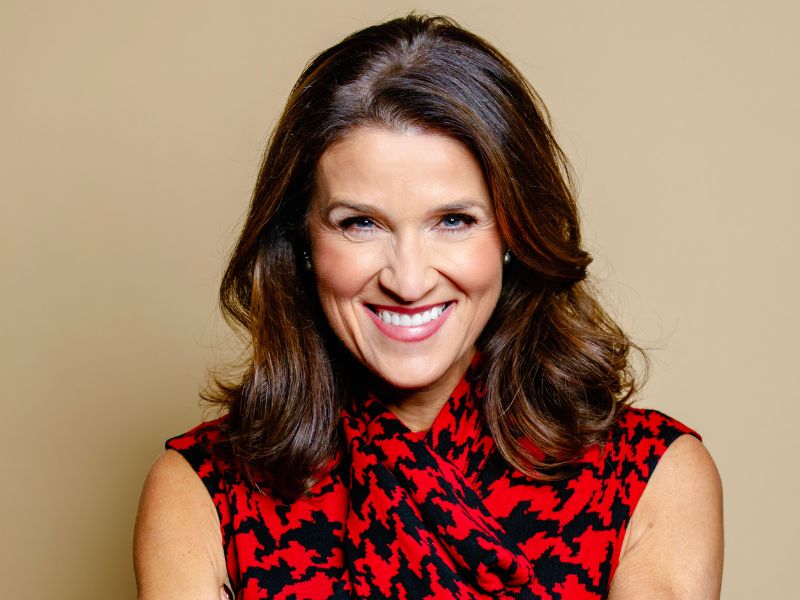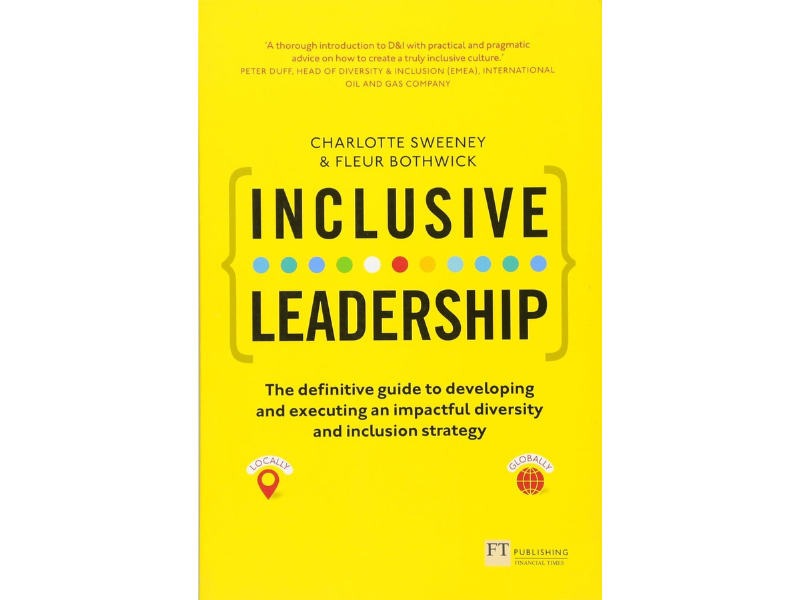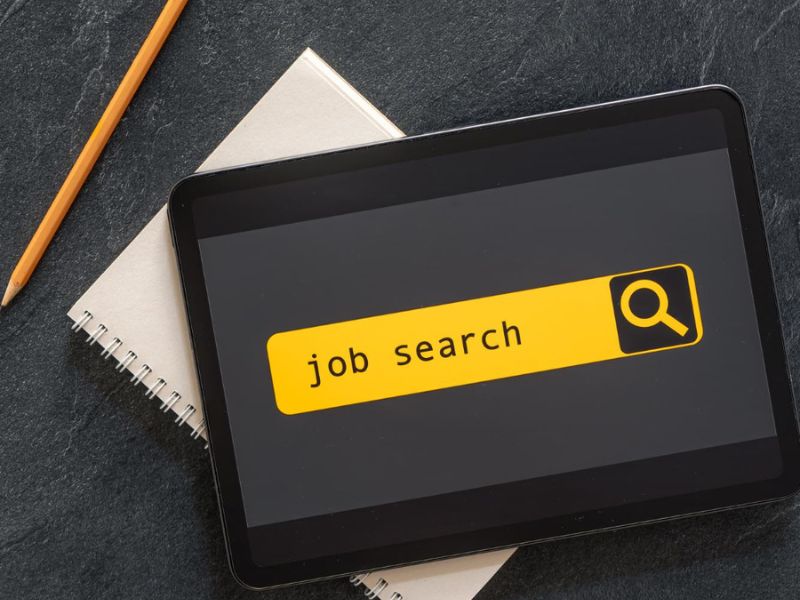
The next time you are at work, have a little look around.
Does it seem that your workplace is full of ‘bright young things’ who see the world a bit (a lot!) differently from you? That’s because your workplace is increasingly a place dominated by 20- and 30-somethings who may indeed see the world quite differently from the way you do.
I must declare, the idea of describing a whole generation such as ‘Millennials’ (born c.1980-2000) as if they are a homogenous group is not an idea I subscribe to wholly. Having considered this topic for some time now, I’m beginning to conclude that changing expectations of leaders from the wider workforce, are changes many of us are demanding, rather than this being the preserve of the Under 35s. As society shifts our beliefs around work alter too – for all of us. Having said that, workplace demographics are set to change dramatically over the next decade.
By 2020, ‘Millennials’ will make up 50 per cent of the workforce. By 2027 that figure will be over 75 per cent (PwC, 2011). The implication for organisations is that if such a large group do possess a range of recognisable traits, especially in relation to how to lead them effectively, you would do well to prepare for such changes – now!
What changes might Millennials want to see?
It’s worth reiterating here that as a leader, both you and the people you lead are poorly served if you see them as a singular population rather than getting to know each as individuals. However, for the sake of being able to make some progress and help you consider changes to your leadership you may want to look at trends that Millennials may conform to. Of the many that have been suggested, let us look at three that appear frequently in the burgeoning literature on the subject:
- – High need for personal happiness – a ‘Work-Me’ balance. (Kuron et al, 2015)
2. – Want to know where they stand often (Fromm, 2015) but tend not to ask for feedback (Gallup, 2016)
3. – Highly digital and tech savvy (Magrudedr et al, 2015)
If we take these three areas alone, the impacts for you as a leader are clear.
Personal happiness
In order to tap into the internal motivations of Millennials you’ll need to get to know them as human beings. It will be important to discover what they are interested in personally and what they want to make time for outside of work. It might be worth considering how they can bring the outside in and where you can be flexible with work so they can strike the balance that will work for both the business and the individual. Also, don’t assume this sense of balance is the same as Millennials being self-centred and work-shy, for neither seem to be true.
Feedback loops
In relation to feedback the message seems to be pretty clear. Provide feedback on a regular, indeed daily, basis. This requirement is perhaps no surprise when you think about how much and how often Millennials get feedback from growing up in an education environment that has been testing them since before they could write, through to the multitude of daily Likes, Shares and ReTweets that they have lived with in their social media-centric worlds.
The significant change for leaders here is to create time to provide feedback on a regular basis and encourage self-reflection on performance too. Building this kind of culture seems well worth the effort: Millennials who meet with their manager on a regular basis, are twice as likely to be engaged at work.
Digital natives
Being tech savvy as leader not only means you avoid being left behind but more importantly, it keeps you relevant to this new generation. I’ve written about this before here so I won’t go over this topic again suffice it to say, perhaps you can start by engaging in mobile platforms that Millennials are familiar with in a way that the team can have some fun with – how about starting a WhatsApp group? Replacing email with Slack? The possibilities are endless and can be a little daunting.
Finally, this group will eventually become the new cohort of organisational leaders for the next decade or two. Your ability to role model a modern leadership style will therefore be shaping the future success of organisations. Indeed, it will impact the very future of leadership itself.
About the author
Dr Glenn P Wallis is an expert leadership coach and is the co-author of new business book Leader iD, out now, priced £14.99.








